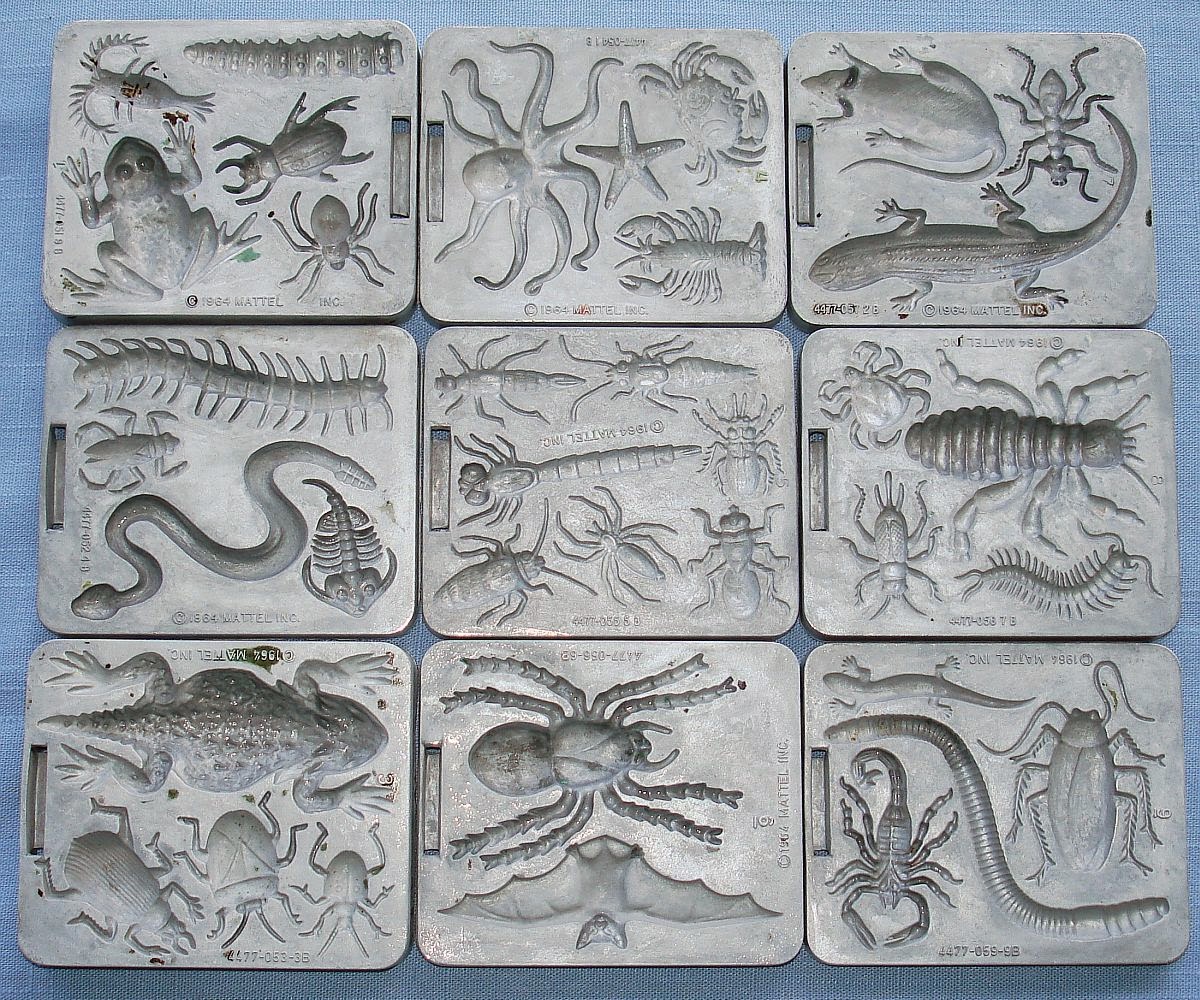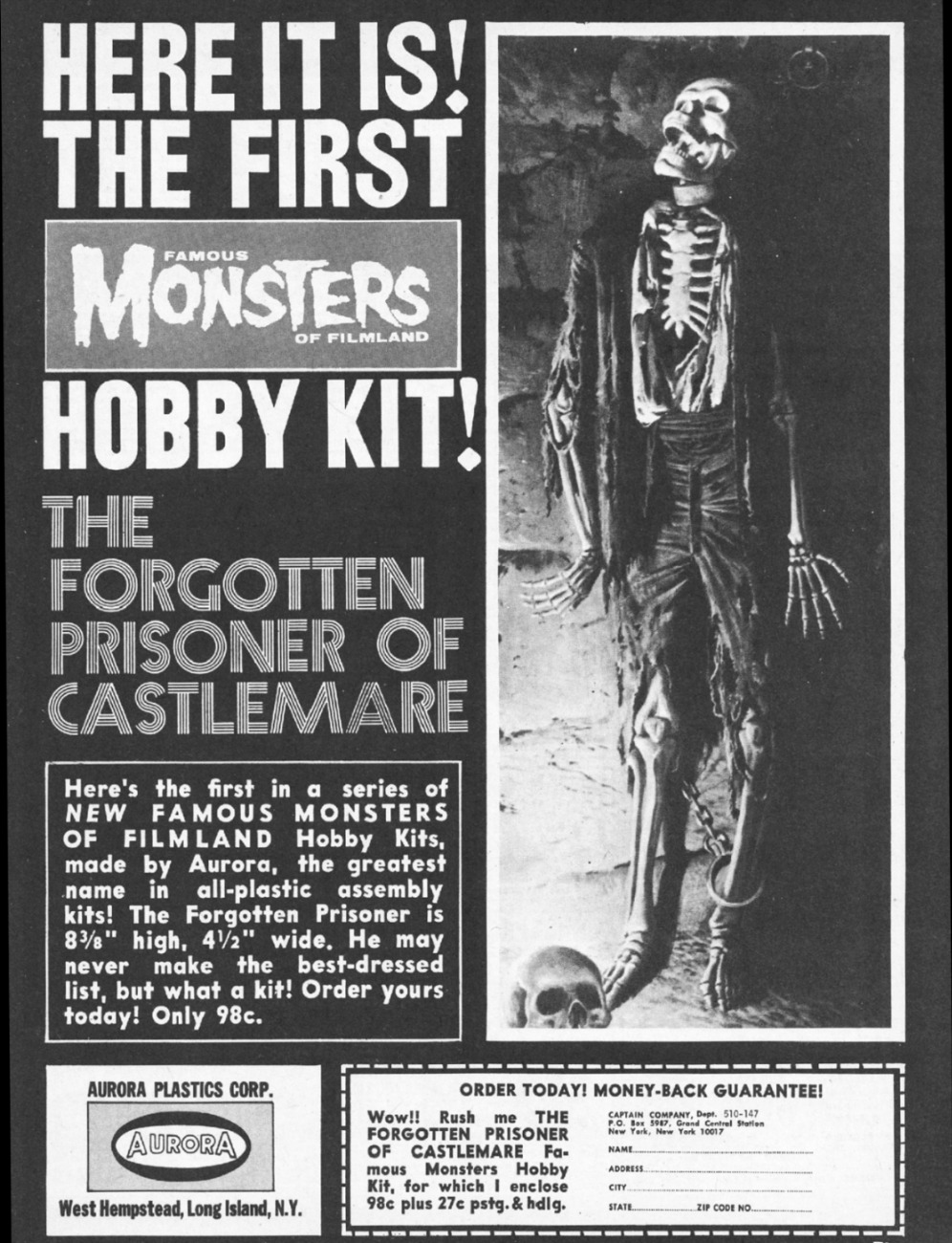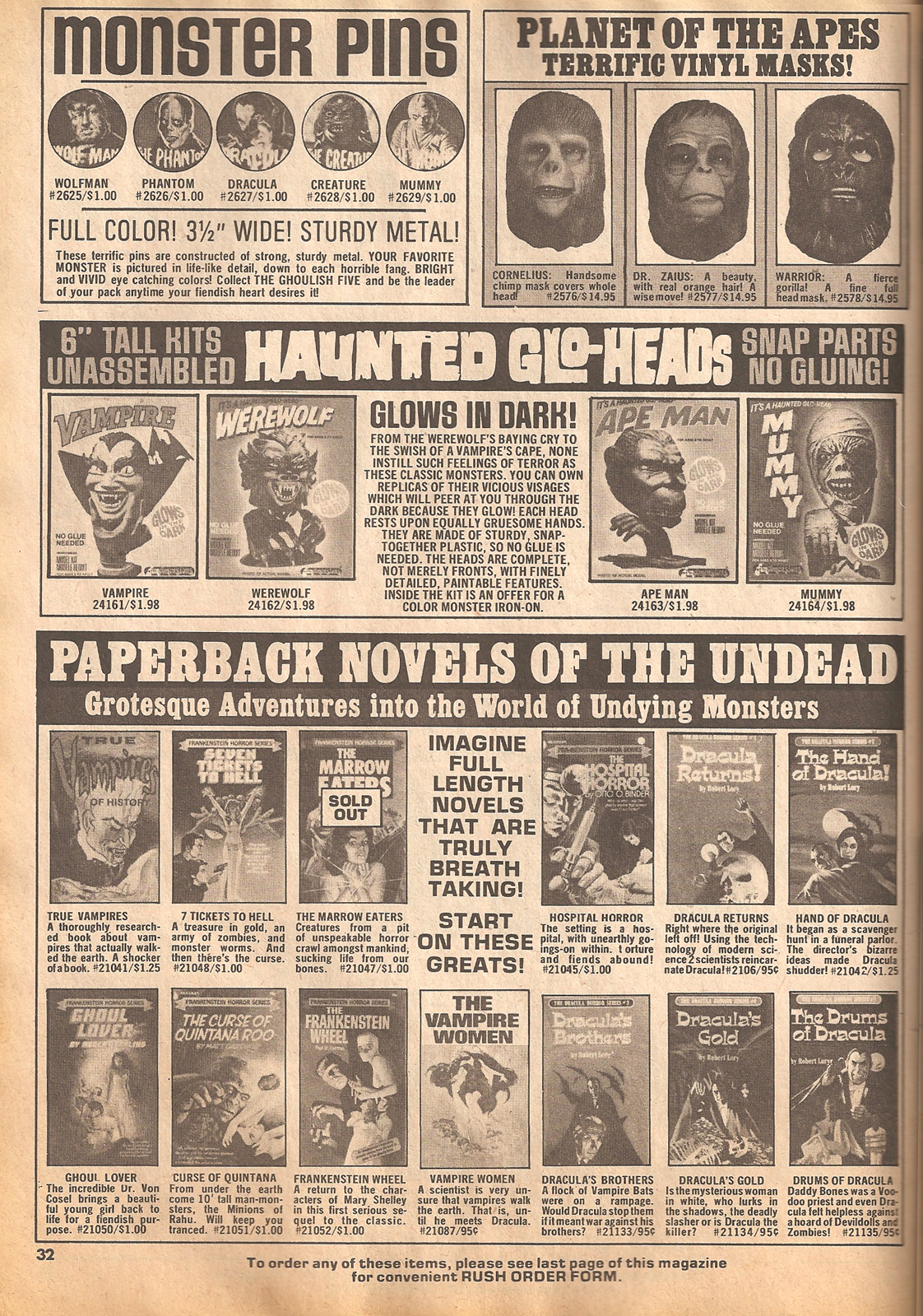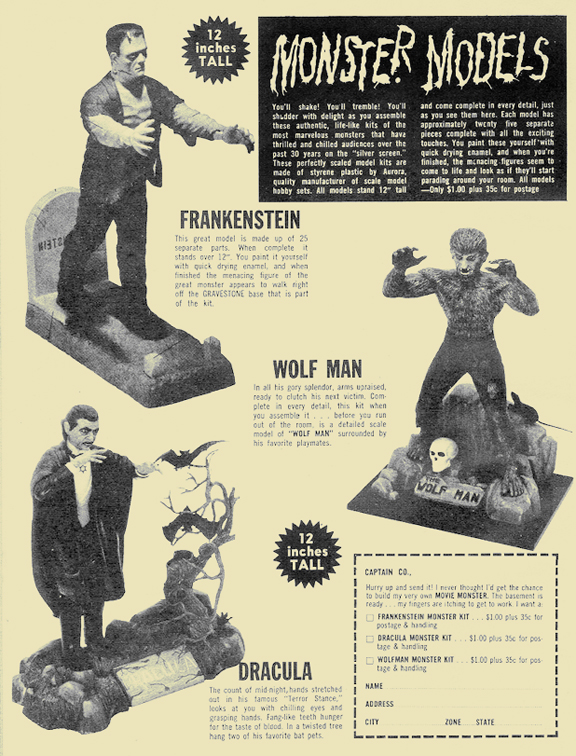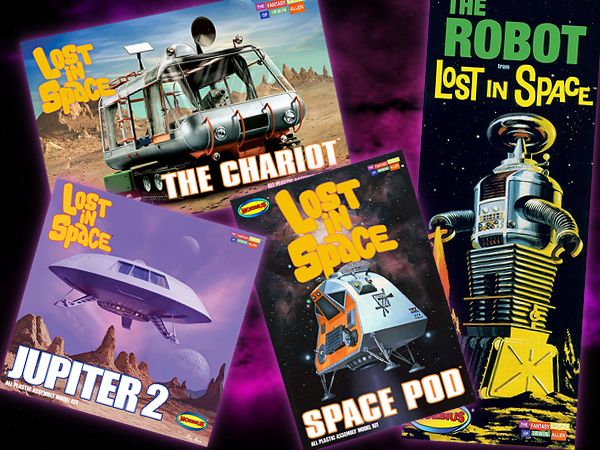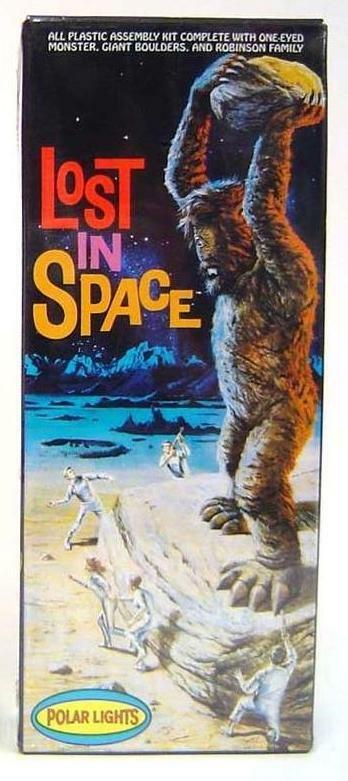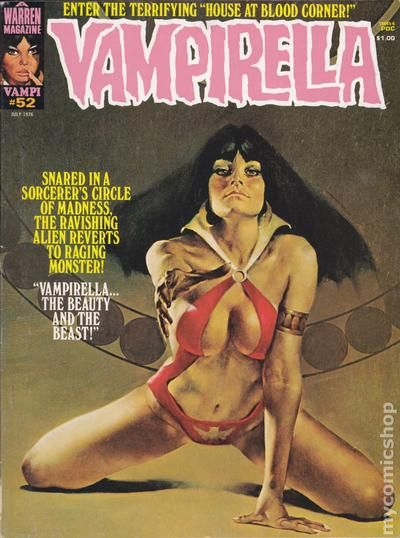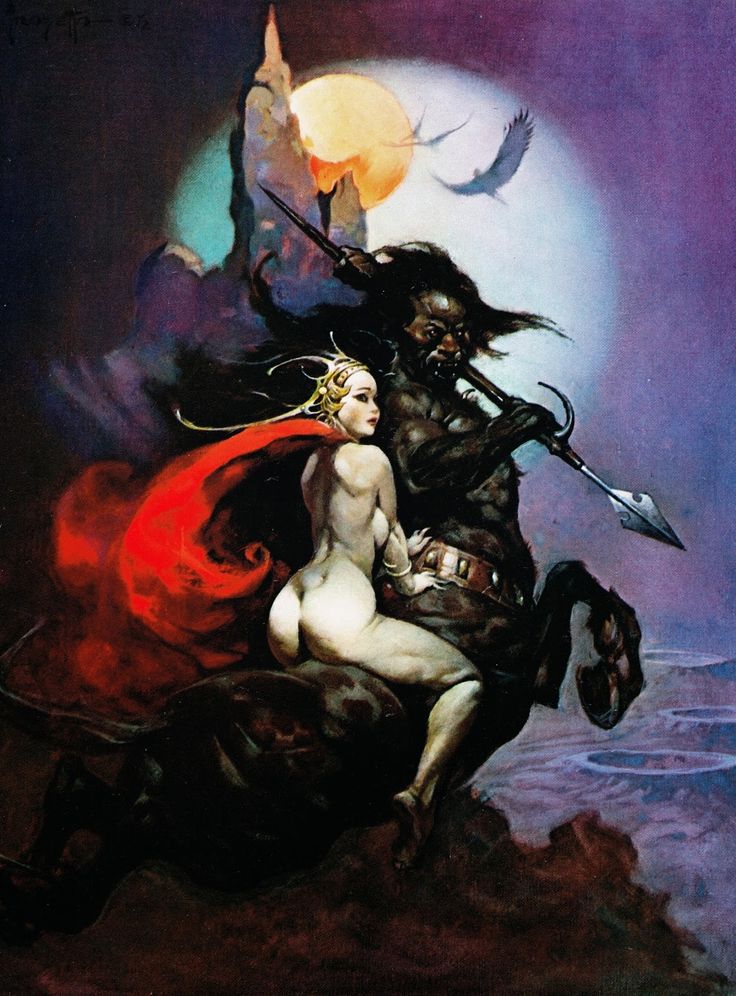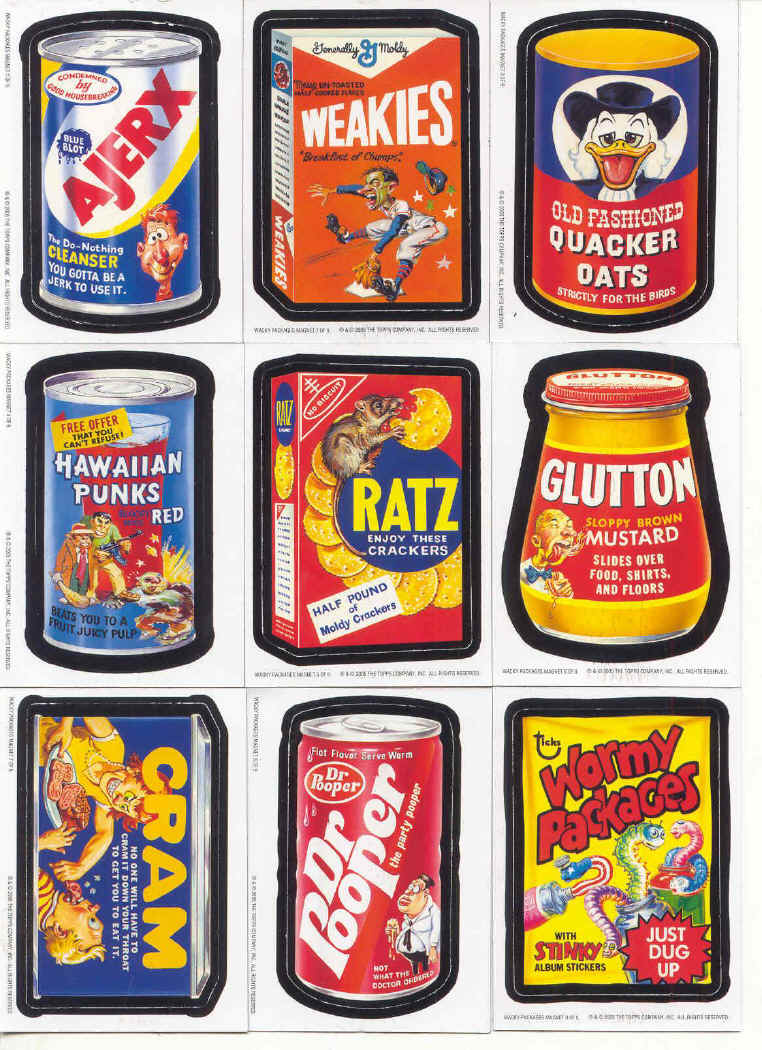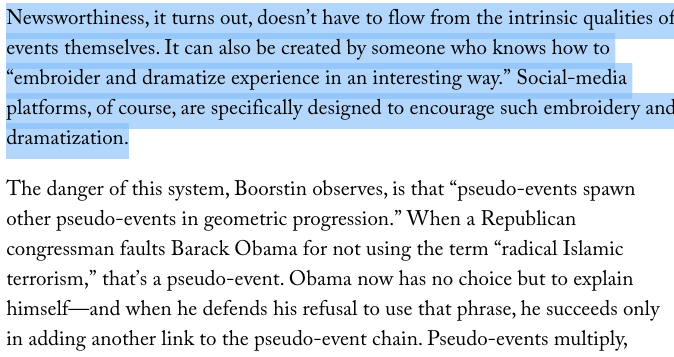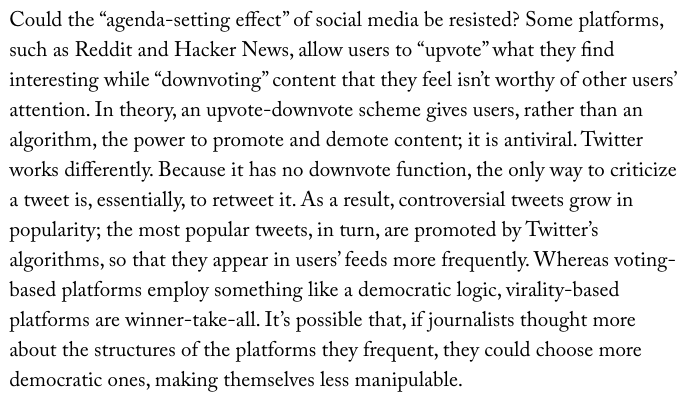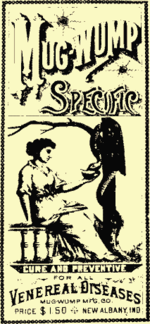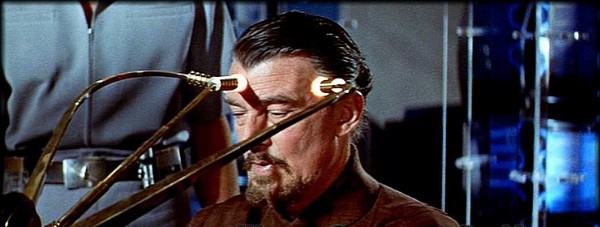So, one of the many, many weird things about writing is anticipating a audience but never knowing, on any particular story, if have one. Unlike a musician, who generally knows if she is practicing or performing a gig. Or a dancer or actor who can tell if the theater is packed or empty.
Of course in the case of recorded music, TV and film, it’s more like writing. You’re making this thing for this nebulous group of consumers. Never mind about that. There is no performance in writing. One of the reasons the ‘give away the product for free and charge for performance free-content model is so horrific for writers. Some writers can be witty in real time.
Many cant.
All this uncertainty means that in the beginning, as you endure rejection after rejection, it can be hard to know who one is writing for. Salinger’s Christ-like Fat Lady?
Writing workshops and beta readers and classes are a relief because you know you’ll get a few readers, who will talk to you about what you’ve written. Maybe tell you some part of the truth of what reading you was like.
At first, let me tell you, this is a horrible, horrible truth. You push through this. Writing is mostly self taught and thank God bad prose seldom actually kills anyone.
Editors have no time to give you any feedback, and I shouldn’t have to explain why that is (hint: there isn’t any money in most fiction.); if you get back a sentence of critique, you’re special; if you get a few paragraphs, you should be overjoyed. But of course you’re not.
The closer you get, in fact, the more painful rejection can feel.
And then, after that, even if you’re selling, you’re still going to be writing stories nobody buys. For lots of reasons, not always limited to the actual content and quality of the story itself.
Editors have to sell magazines and readers let them know what kind of stories they like, and hate, and over time, an editor gathers an understanding of what her readership likes. So, she may like your story, and it may no be right for her readership.
The toughest thing about short genre fiction is that the brands are the magazines and chances are you will never be a brand. Once one has struck out with a story at the major print and on-line markets, chances are, nobody is ever going to read the work.
Ever.
A breakout novel career will shine a small spotlight on your shorts, (Odd image) for those novel readers who also read short stories. There aren’t many of those! In the writing about writing book Danse Macabre Stephen King explains that he makes so little money on shorts that he feels stupid writing them. He knows he should stick to novels. But he loves himself a good short story, now and then.
So you write at first, for yourself and or the Fat Lady, your idealized reader, and then you write for the editors and agents and their audiences, and then you write for the awards process, if you care about awards, and then you can write for your fans, who might buy a story collection. Or read one you give away free. But frankly probably not. Uncurated short fiction isn’t something anyone wants to read for free.
It’s like finding a nicely wrapped sandwich sitting on a park bench. No thank you.
Another strange thing about most writers is their inability to really understand when something they have loved has gone off the rails; or rather, when they’re written a story that only really works for them.
So there’s this wonderful paradox, and you really have to learn to lean into this. the story you’re writing may only be for you. What does that mean?
Well. Really it means you can write any damn thing you please. See? Glass half full. You’re welcome.
This is the agony and the joy of traditional publication. If your story gets published? It’s not entirely your fault! When a story isn’t published? Could be cosmic injustice, sure, but the editor might be saving you from yourself.
So you’ll never know when you’re dancing alone in the room with the shades drawn. Or when there’s a rapt crowd.
Presumably, though, you got into dancing because you enjoyed it.
So you might as well dance.
